Anya Silver: “I Am More Than My Cancer”

Anya Silver
Anya Silver’s Story [1 August 2015]
I have considered myself a poet since reading Tennyson’s poem “The Lady of Shalott” in eleventh-grade English class and deciding that I wanted to do what Tennyson did: make magic weavings out of words. For years, I wrote about what mattered in my life: my childhood, family and romantic relationships, the glories of the natural world, and my faith. Looking back, most of my poetry was mediocre. I clearly hadn’t found my true subject.
Then came cancer.
When I was diagnosed with inflammatory breast cancer in 2004, I was thirty-five years old and pregnant. I had always been healthy, but had suffered two miscarriages in the past year, one of them very late and traumatic. Now, I faced losing my own life at a time when I was supposed to focus on bringing new life into the world.
I underwent aggressive chemotherapy treatment while pregnant, was induced into labor a month early, and then completed chemotherapy and had radiation while tending my newborn son.
After being in remission for over five years, I had a recurrence of IBC in my sternum in 2010, and for the last five and a half years, have been living with metastatic, or Stage IV, cancer. My son is eleven years old and healthy.
Everybody copes with the devastating diagnosis of cancer differently. For me, the most natural response was to write about it. I was unable to write much during the initial treatments, both because of fatigue and because I was emotionally overwhelmed by treatment. The poet Wordsworth believed that poetry “takes its origin from emotion recollected in tranquility.” I needed some distance from my diagnosis in order to write about my experiences. However, once I began to write poems about cancer, I couldn’t stop. I have been writing about life with cancer ever since. I have found my subject–or rather, my subject found me.
I am often asked why I write poetry about cancer, which is, as one reader told me, “so depressing.” I write to make meaning out of my life. Cancer strikes me as intrinsically random and meaningless. We can not accurately predict who will get breast cancer or who will die from it, or when. Cancer brings chaos into one’s life. Writing about cancer, on the other hand, gives me a sense of control over my life. By writing about cancer, I can take away some of its power over me. I can’t control my cancer, but I can control how I react to it. Writing is a craft. Like any craft or practice (pottery, building model trains, painting, knitting, baking), careful attention to a process gives one the sense that one is doing something productive and useful, and creating order and meaning in the world. Writing about cancer is a vocation.
Second, I write to better understand myself. Writing, like prayer, is a form of attention and meditation. When I write, I explore my own feelings, and the expression of those feelings is both a relief and a way to know myself better.
Third, I write to share my experiences with others, both those with cancer and those without. I want people with cancer to know that they are not alone, and I want people without cancer to know what, from my perspective, that experience is like. Cancer is a complex disease, and it evokes complex responses.
I strongly recommend that women with cancer write about their experiences, whether or not they consider themselves writers, and whether or not they plan to make their writing public. Keeping a journal is an excellent way for women to express–and therefore own and exorcise–their greatest fears and anxieties. During a decision-making process (whether or not to switch treatments, for example), writing about the various pros and cons of different choices helps one reflect upon and make better decisions. A diary can be used as a tool for a journey inward that helps one better understand oneself and one’s experiences.
There have been many memoirs by breast cancer survivors and those living with cancer. However, every experience is different, and we all have our own stories to share. Whether you start a blog, write an essay about your experiences for your church bulletin or a breast cancer organization, give a speech, or write in a literary form such as fiction, poetry, or drama, you have something unique to say. Don’t worry that you’re not a good enough writer. Just write.
Several years ago, a dear friend and I named our cancers. Her cancer was named Midge and mine was Madge. I expect that, some day, Madge will bring my life on earth to an end. But now, Madge is my subject. She will not control my life. I will not let her. By writing about cancer, I empower myself and my life. I am more than cancer: I am a woman, mother, wife, and poet.
[January 2019 Update by Ginny Mason]
For some a diagnosis of cancer is the end of a career, for Anya it became a muse, inspiring much of her poetry. In fact, she was named Georgia Poet of the Year in 2015 and a Guggenheim Fellow in 2018. Anya once said, “Cancer is an enormous part of my life, but I am more than my cancer. I am a whole woman and a whole human being.” Being diagnosed in 2004 during pregnancy made her son’s 14th birthday in 2018 extra sweet. Inflammatory Breast Cancer Research Foundation was fortunate to have Anya share her expertise with metastatic inflammatory breast cancer as a member of our Board of Directors. Sadly her term was cut short when she passed away unexpectedly in August 2018.



